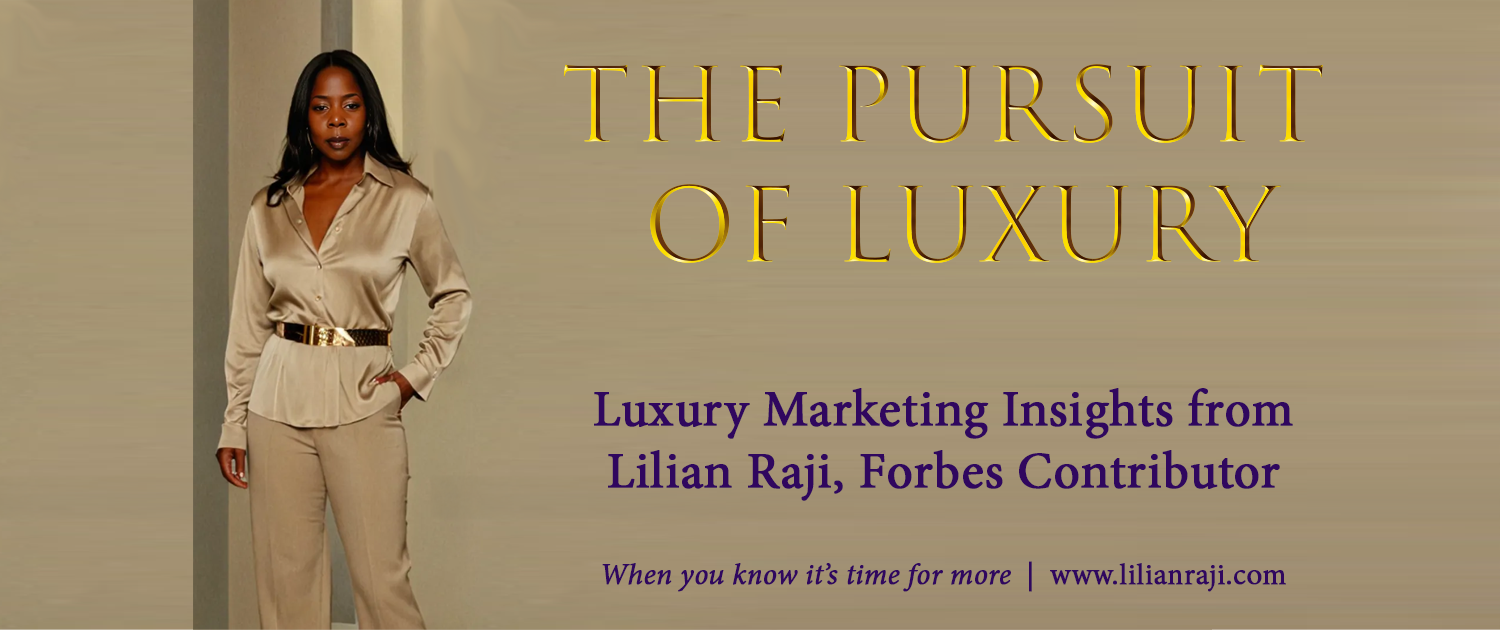Behind the Nuclear Fallout: What Really Happened When Anna Wintour “Left” Vogue
When I set out to investigate Anna Wintour’s so-called departure from American Vogue, I expected the usual fashion industry pleasantries and diplomatic non-answers. Instead, I uncovered what one industry insider called “the end of fashion’s last dictatorship” – and the story became far more explosive than even I anticipated.
The piece you’re about to hear dissected in this deep dive podcast began with a simple request for commentary in PR, Marketing and Media Czars, fashion’s most exclusive Facebook group. What followed was an avalanche of responses that revealed the true scope of “Nuclear Wintour’s” impact on an entire industry. The nickname alone should have been my first clue.
The Story Behind the Story
Within hours of my callout, over 100 industry insiders reached out – publicists, former Vogue employees, fashion veterans, and media professionals who had been waiting decades to speak. The responses were so intense, so uniformly critical, that I initially questioned whether I was getting the full picture. Then came the details: the three-month pitches dismissed with “Anna had moved on,” the 15-channel approval process just to get a “maybe,” and stories that made The Devil Wears Prada look like a gentle workplace comedy.
But here’s where it got interesting: 80% of the initial responses were clearly AI-generated. As one former People editor pointed out, “The fact that your call for sources on Anna Wintour ended in a slew of AI responses says a lot about how people think and feel about her.” Even ChatGPT, it seems, had absorbed the fashion world’s collective exhaustion with Wintour’s reign.
What the Deep Dive Reveals
This podcast breaks down the key revelations from my investigation, including the strategic maneuvering behind Wintour’s “departure” that keeps her firmly in control. You’ll hear analysis of why industry veterans are calling this move everything from “performance art” to “dictatorship disguised as succession planning.”
The discussion covers the cultural earthquake happening in fashion right now – from the 50% drop in fashion advertising to TikTok creators moving trends faster than Vogue’s editorial process. We explore how Wintour’s “algorithm before algorithms” approach became a liability when audiences chose democratized influence over dictated taste.
Most fascinating are the leadership lessons emerging from this power play. Four decades of consolidating institutional power has created a cautionary tale for C-suite executives everywhere about succession planning, workplace toxicity, and the difference between being iconic and being relevant.
The Numbers That Tell the Story
The podcast dives into the staggering scope of Wintour’s influence: her role in shaping a $2.3 trillion global industry, transforming the Met Gala into a $31 million annual ATM, and disbursing over $8 million to emerging designers through the CFDA/Vogue Fashion Fund. But it also examines the cost – both to individual careers and to an industry now struggling to evolve beyond the imperial editor model she perfected.
Beyond the Headlines
While fashion media has already moved toward collaborative leadership models, Wintour’s strategic maneuvering ensures her influence persists. The “head of editorial content” replacing her editor-in-chief title will function more like a regional manager than a traditional editor – carefully orchestrated to maintain control while appearing to embrace change.
The most telling insight came from industry veteran Sharmon Lebby: “From a branding perspective, that’s about consistency. From a marketing and cultural perspective, it reads as control. It signals that Vogue isn’t truly ready to evolve.”
This deep dive podcast captures the key insights and most shocking revelations from my investigation, but the full story – including the complete context behind the Assad scandal, the detailed breakdown of toxic workplace culture, and the comprehensive analysis of what this means for fashion’s future – requires the complete article.
Listen to the podcast above for key insights and analysis, then read the full article on Forbes for the complete story, exclusive quotes, and deeper context that reveals why this isn’t just about Anna Wintour – it’s about power, succession, and the end of an era.


